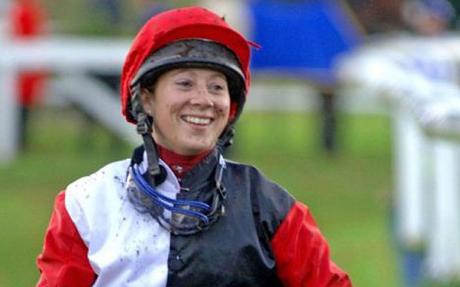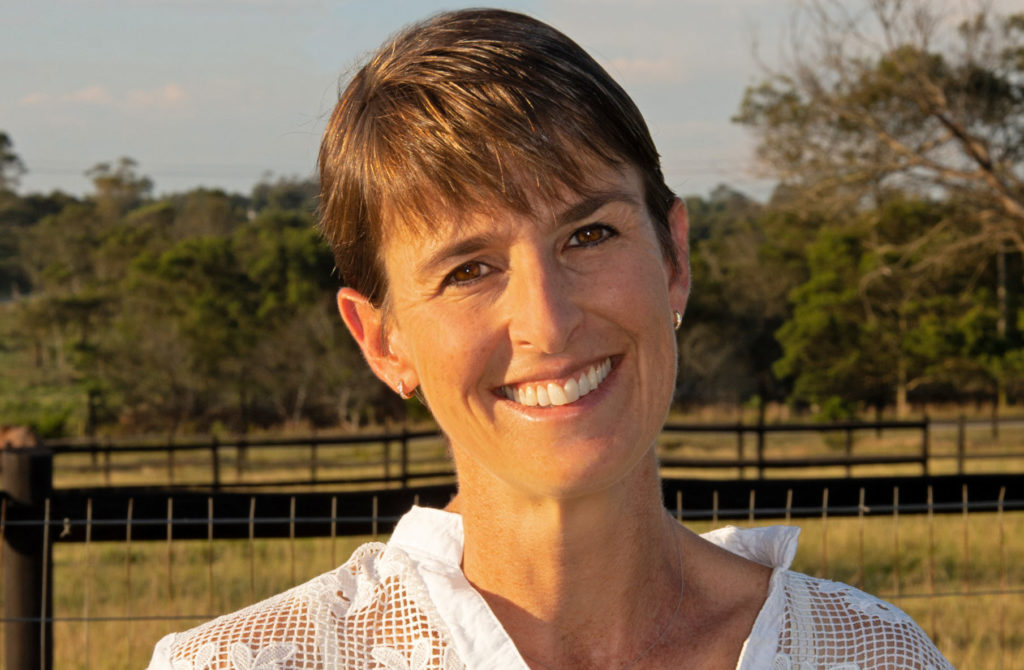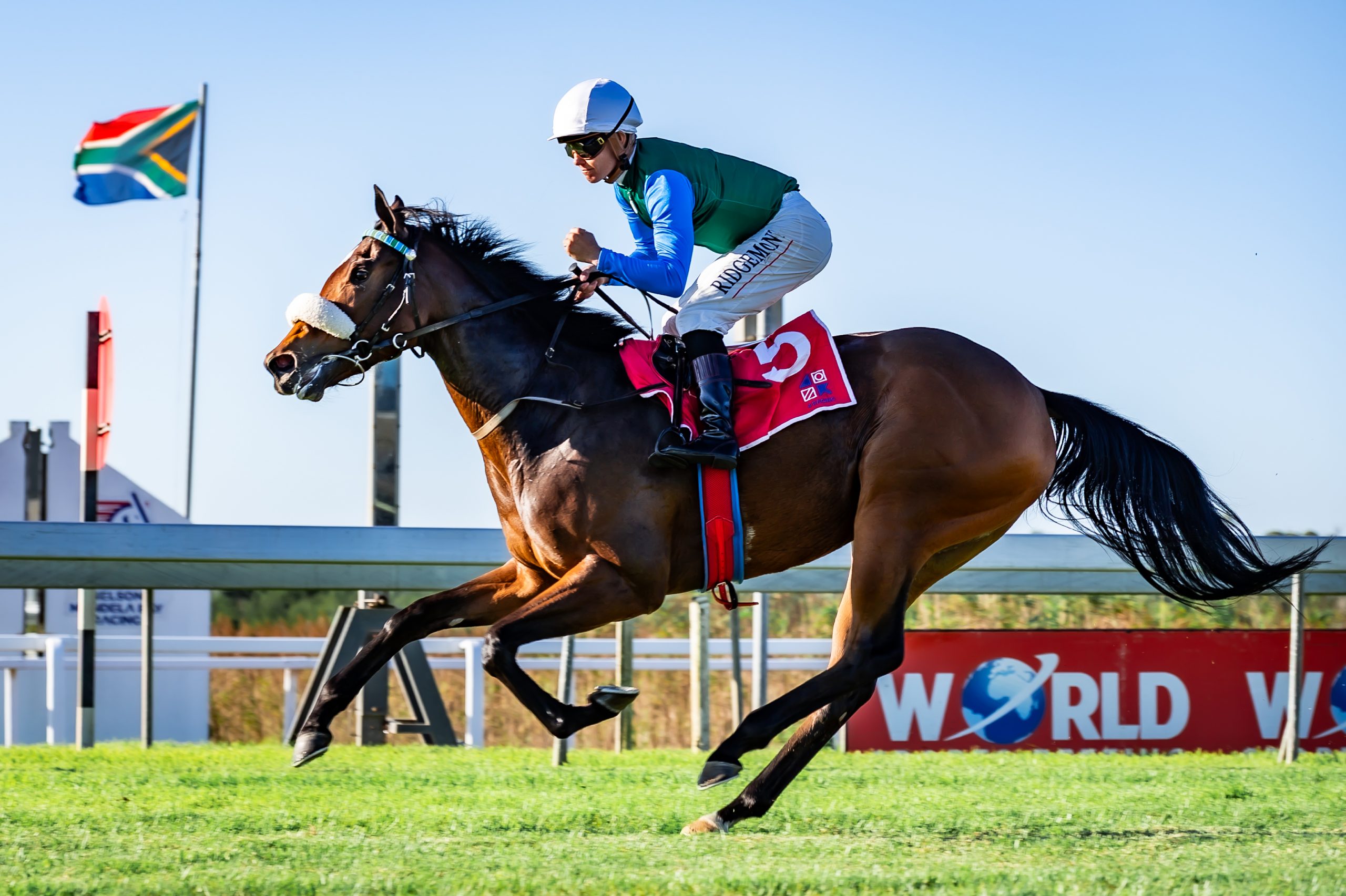While the National Horseracing Authority came out all guns blazing in response to the general outcry, and suggesting that there had been ‘ample consultation’ before implementing the fairer sex lifetime allowance for female jockeys in South Africa, the weight of industry comment suggests otherwise.

Group One-winning jockey Hayley Turner was reported in a GBI Racing editorial some years ago that she believed it would be a bad idea to give female riders a weight allowance in Britain.
At the time the news had just emerged that France Galop was to introduce a 2kg allowance for female jockeys in the majority of races run across the Channel, both on the Flat and over jumps.
Although Listed and Group races were exempt, France Galop said in a press release the move would cover around 90 per cent of the French programme as the ruling body was attempting to increase opportunities for female riders.
Jean-Pierre Colombu, vice president of France Galop, said at the : “The introduction of a weight reduction for women is a real opportunity for them. This measure is likely to encourage owners and trainers to make as much use of the many women riders within the industry in the afternoons as during morning training.”
Nottinghamshire-born Turner, who was crowned joint-champion apprentice in 2005 with Saleem Golam, retired at the end of the 2015 Flat season after regularly breaking new ground during her career.
She became the first female rider to win a Group One contest outright in Britain when steering the David Simcock-trained Dream Ahead to victory in the July Cup at Newmarket in 2015 and followed up when Margot Did won the Nunthorpe Stakes for Michael Bell a month later.
Turner, who also became the first woman to ride 100 winners in a calendar year in 2008, made a mini-comeback in the 2016 Shergar Cup at Ascot, but gave up riding once more and said that she feels female jockeys should compete on a level playing field with men in the interests of fairness.
She said: ” It just seems a bit unfair on the lads. It’s a hard job whether you’re male or female and they’re putting in all the groundwork with the long journeys and riding out at the crack of dawn. Then the girls are being given 4lb and the lads get nothing, it seems a bit unfair in that respect. I’m sure they (British Horseracing Authority) will sit back and watch what happens in France, but I very much doubt it will happen here.I’d be disappointed if it did, to be honest. It’s good they’re trying to help, but I think there’s a lot more subtle ways of doing it.”
Josephine Gordon, who was 2016 champion apprentice, said: “I think there’s probably pros and cons to it.I think an allowance would give a lot more females more opportunities to get rides at lower weights, but personally, I find it a bit offensive. Last year I had a claim and was competing against the male apprentices and I won it (apprentice title) fair and square. If it happens over here, it happens. I’ll take it as it comes.”
Jane Elliott said she also feels giving female riders an allowance would be something of an insult.
“It’s a bit of a shock. Obviously allowances have been mentioned before, but I think it can almost come across as a bit patronising,” the jockey told At The Races.
“If you did get a 4lb allowance, I’d be expecting to get five rides a day in handicaps. It’s such a big amount of weight to be giving jockeys.”
Leading male jockey Adam Kirby was also against the move.
He said: “It’s ridiculous, isn’t it? Racing is improving and I think apprentices are all given a fair crack at it these days, as long as they work hard and go about the job properly. Four pounds is two lengths. I appreciate women might not be as strong as boys, but riding in races is not about strength, it’s about positioning, rhythm and things like that.”

Former South African jockey, and now popular Racing 240 presenter, Nadine Low Ah Kee (Rapson), came out vehemently opposed to the NHA’s ruling on lifetime 1,5kg allowances for female jockeys.
Low Ah Kee told David Thiselton in a Gold Circle interview: “It is an absolute insult to everything Rachel (Venniker) has achieved and undermines everything she has done for the sport. What triggered the decision and how it was passed is very worrying.”
Nadine admitted she had never been as good as Rachel, but pointed out every female jockey wanted to be seen as equal.
She believed sexism among the jockey ranks was a thing of the past and that all males accepted their female colleagues. One of the aspects of the debate she stressed had in her opinion always been nonsensical was the emphasis on physicality.
She said, “Race-riding can never be brought down to brute strength. It is about finesse and timing, being at one with your horse, reading a race, pace judgement and having a feel for what is underneath you. Too much is made of physicality. In fact I was known as a rider who was given the quirkiest horses to work with. How could that have been if it is all about strength?”
We can’t tell either – this is how the National Horseracing Authority sees it – click here for more.
And we couldn’t track one sector that has been consulted about the implementation of something only the French think is right.









